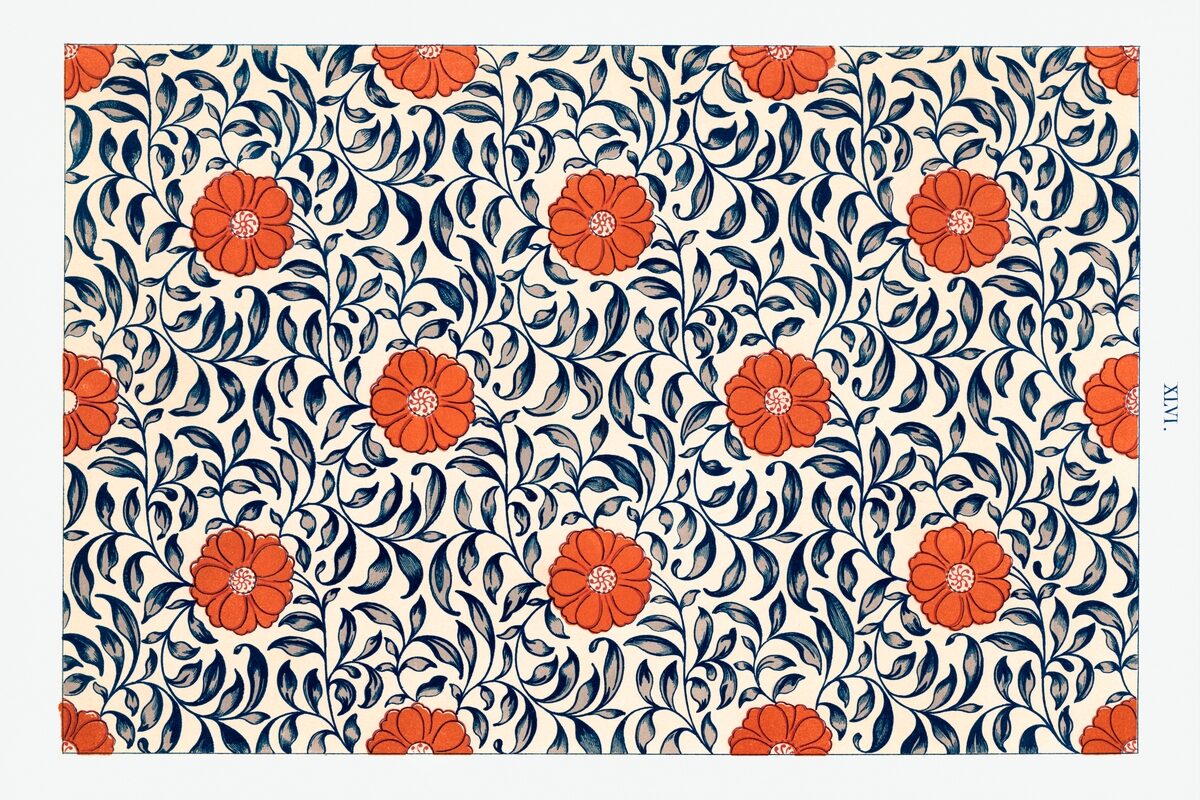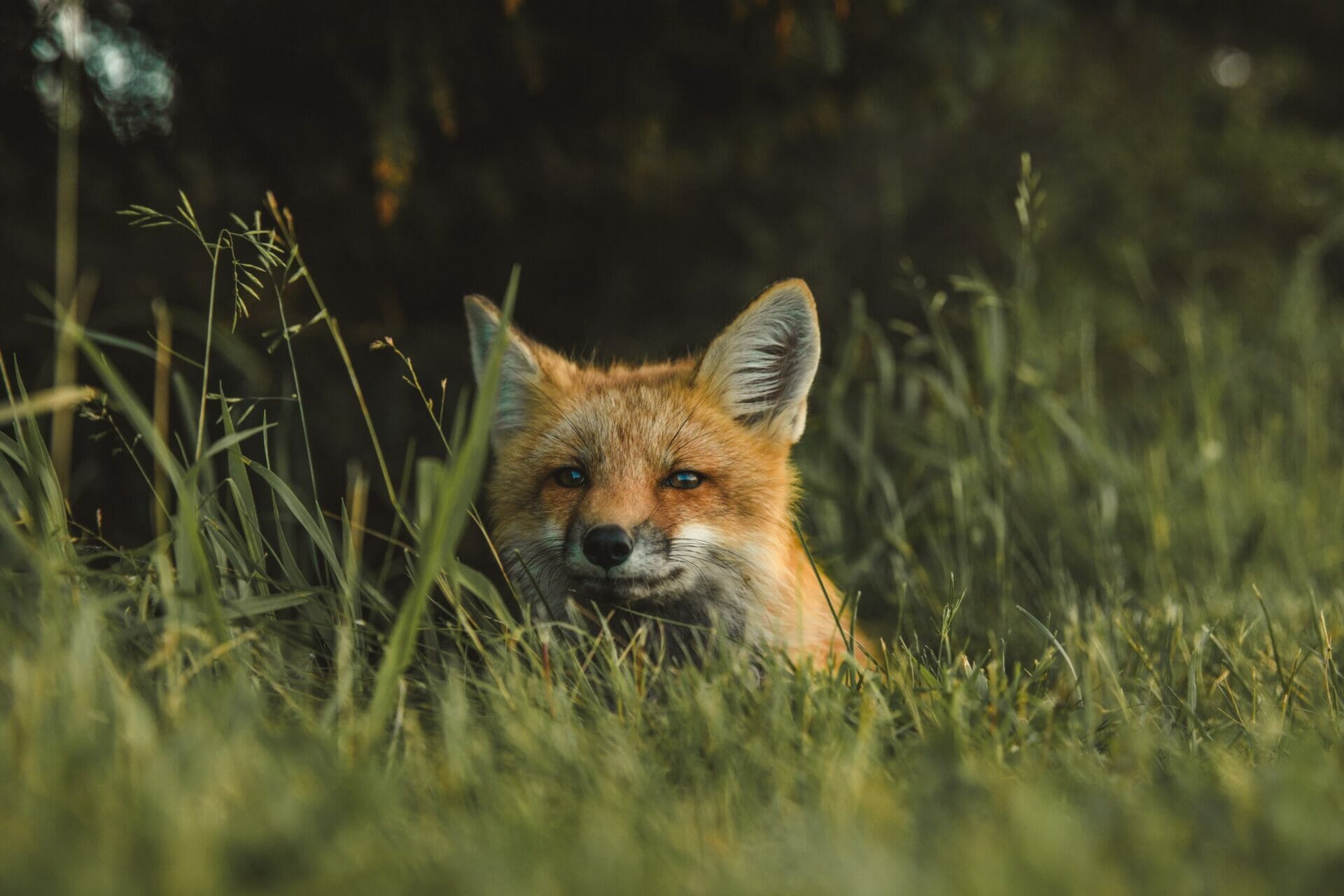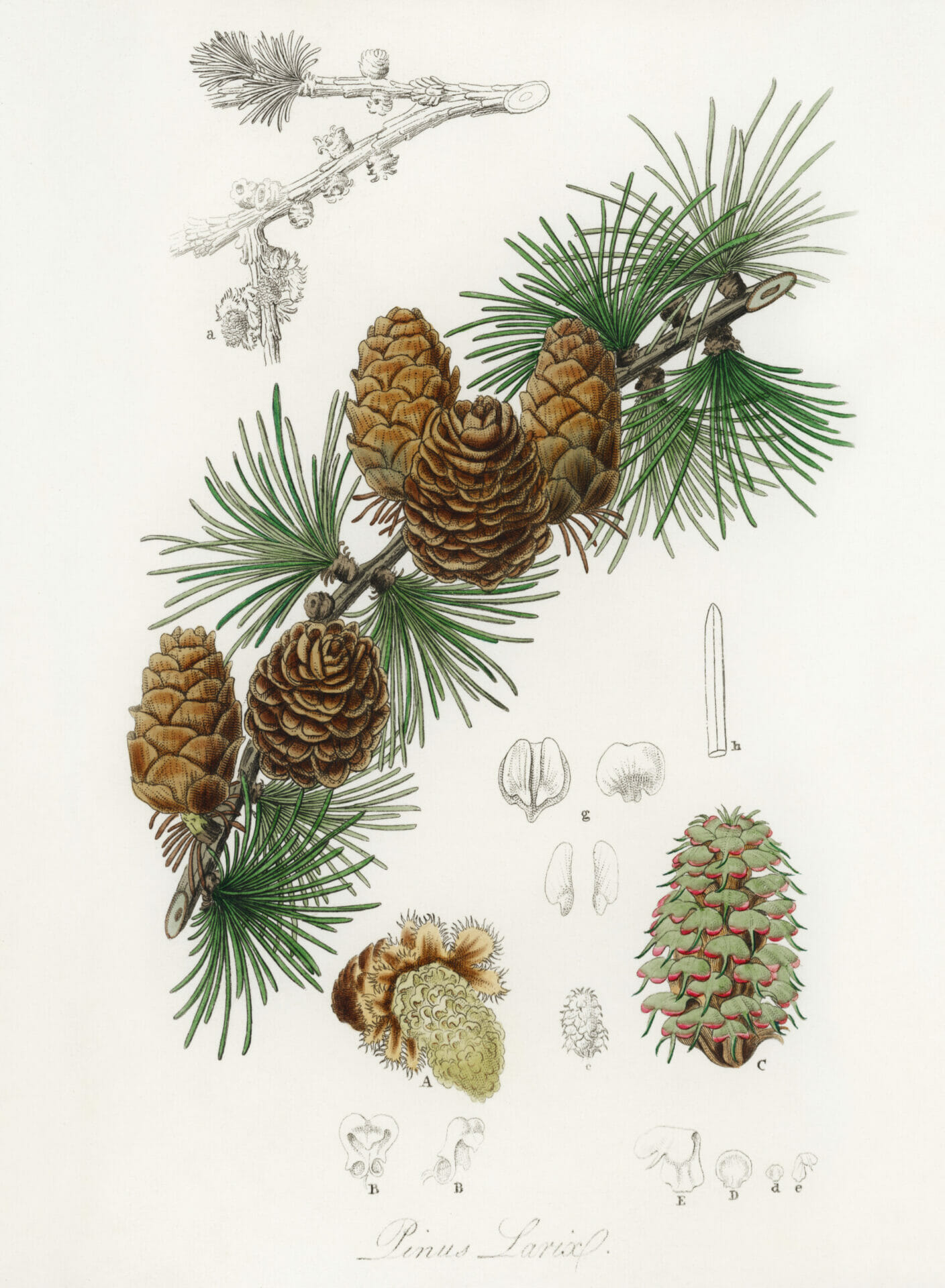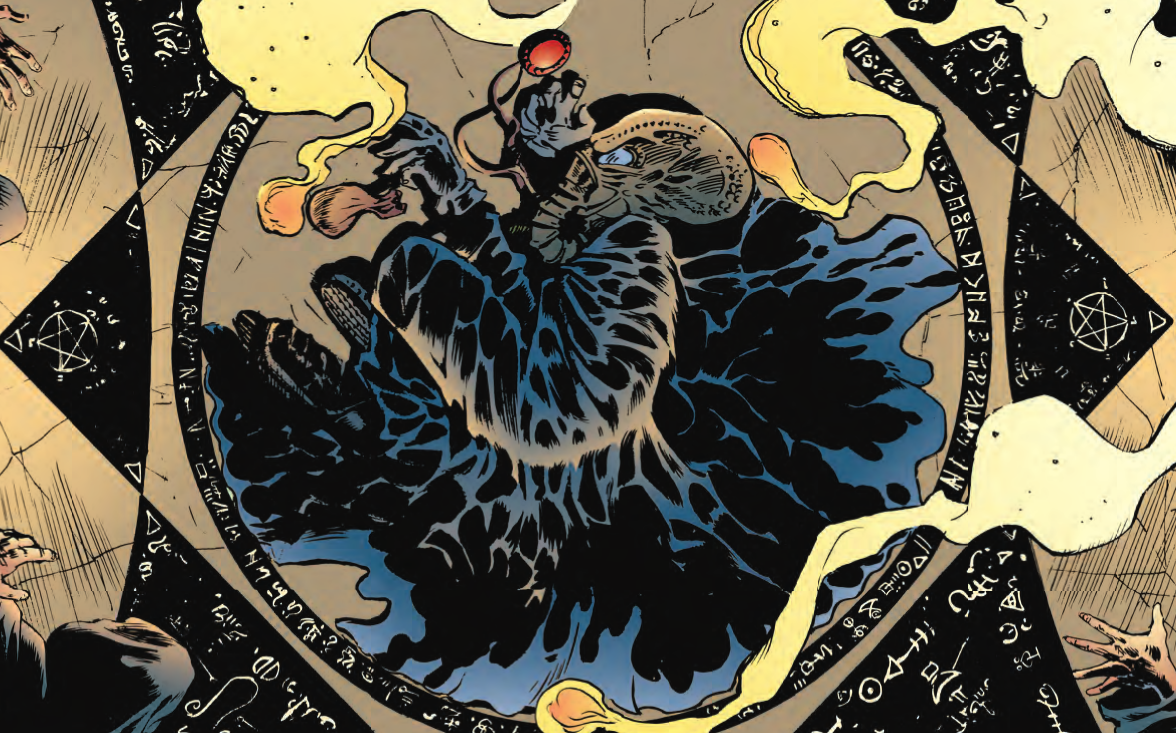
Rilke's Letters to a Young Poet | On solitude, art, and life
Author
Year
Format
Length
Original language
By
It is 1903 when Rainer Maria Rilke first receives a letter from a young admirer, Franz Kappus, who is seeking poetic advice. Not only does Rilke take time to answer, but his letter opens an exchange between the two that is to last for more than five years. Rilke’s 10 letters, collected in the short but dense Letters to a Young Poet, constitute one of the poet’s most beloved legacies.
Born in Austria in 1875, Rilke became famous thanks to his poetry, marked by a unique, musical style that alternates between simplicity and extreme refinement, and that tries to capture the essence of things through intensity and mysticism. For instance, his collections Duino Elegies and Sonnets to Orpheus, published in 1923, are full of symbolism, introspection, and philosophical questions on life, faith, art, and nature.
Letters to a Young Poet stands out in Rilke’s production not only for its epistolary form but also for its conversational tone that, although never informal, allows readers to experience a fresh, almost unselfconscious prose. Reading these letters indeed feels like having an intimate conversation with the poet himself. He refuses the role of mentor, yet gives concrete advice and shares feelings that are personal and universal at the same time.
The only true criticism can come from within
The first letter, dated February 17th, 1903, and sent from Paris, opens with Rilke’s first passionate advice to Kappus: never look for other people’s criticism. Especially with regards to art, the true value of any work can only come from within artists themselves, from a deep urge to create that roots into their innermost sensibility:
You are looking toward the outside, and that above all is the one thing you should not do at this moment. Nobody can give you advice and help you. Nobody. There’s only one way. Go within yourself. Explore the cause that compels you to write; examine whether it plunges its roots into the deepest part of your heart.
Despite Rilke’s warnings against criticism, the history of literature is rich in examples of successful mentorships. For instance, Ezra Pound’s enthusiastic review of T. S. Eliot’s The Love Song of J. Alfred Prufrock marked the beginning of a fruitful collaboration and friendship; similarly, Neil Gaiman asked for advice from the comic book writer Alan Moore. The latter’s response and mentorship resulted in collaboration and reciprocal sympathy.
Even if he refuses to directly criticize Kappus’ poetry, Rilke offers a sort of mentorship, as he provides advice of all kinds and on themes ranging from love and sexual life to finding purpose in one’s job. Solitude is a particularly cherished theme of his and is described as an opportunity to expand and find one’s place in the world. In a letter dated July 16th, 1903, Rilke writes about the distance that separates Kappus from his loved ones:
You tell me that those close to you are far away: this means that around you space is beginning to open up. If everything that is close to you seems far away, then space already extends for you into a great distance, all the way to the starts. You should rejoice in this expansion of yourself; nobody can follow you there.
Finding refuge and inspiration in childhood
Rilke’s refined, profound, and meditative poems would suggest anything but a return to childhood. Yet, he is also an advocate of introspection, and childhood represents a space where one’s mind can wander to find inner peace. In Letters to a Young Poet, he suggests that creativity knows no boundaries, and even if one’s life looks dreary, dreams and memories can always feed it. Childhood, in particular, is a whole world that one can turn to in moments of solitude:
Even if you were trapped in a prison whose walls blocked all the world’s noises from the senses – wouldn’t you still have your childhood, this marvellous and majestic fortune, this treasure trove of memories? Turn your attention there. Try to dredge up the submerged sensations of this deep and rich past.
Early life memories and dreams indeed constitute a source of inspiration, and numerous literary works portray moments of recollection or childhood experiences. For instance, in Boy: Tales of Childhood British author Roald Dahl reflects on his childhood years, offering humorous and sometimes bizarre anecdotes on his experiences at school or on his eccentric encounters. Besides, many of Dahl’s works are centered on children and their far-sightedness.
The objects that surround us and nature also constitute important sources of creativity: even “the smallest, most negligible things”, Rilke writes, can feel incommensurate if looked at closely. In other words, the expansion of the self and the gaze directed inwards that Rilke recommends need to be accompanied by an increased awareness of one’s position in space and time, and an increased ability to notice and listen.
Virginia Woolf’s letter on poetry
Rilke is not the only author known for his letters of poetic advice. In 1932, Virginia Woolf published an epistolary novel titled A Letter to a Young Poet. This text came as a response to a letter by writer John Lehmann, who had asked her to share her views on poetry.
In her essay, Woolf emphasizes the importance of finding one’s voice as a poet and urges Lehmann to trust his instincts and experiences. She encourages him to explore the depths of his emotions and to write with sincerity and authenticity, all the while paying attention to the rhythm and musicality of language. Poetry, according to Woolf, should capture the essence of human experience and the beauty of the natural world.
Woolf’s and Rilke’s letters touch on many points, such as the need for introspection or the suggestion to rely on nature and everyday objects. However, they are also profoundly different. Woolf’s essay was written to be published, while Rilke’s correspondence with Kappus sounds more intimate, and it spans existential themes that transcended that of poetry. If Woolf tries to answer the question “What is modern poetry?”, Rilke’s most precious legacy might be his admonition to love the questions before looking for any answer:
Try to love the questions themselves like locked rooms for which you lack the key, and books written in a completely foreign tongue. Do not search for answers that cannot be given to you now because you could not live them. And it is a matter of living everything. Live the questions now. Perhaps you will one distant day simply live your way into the answer, without even noticing.
Tag
Buy a ☕ for Hypercritic










